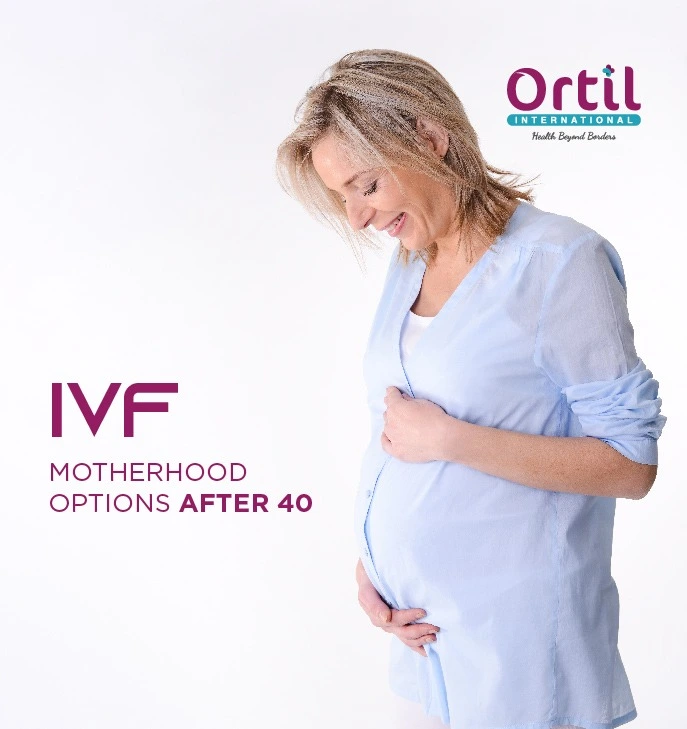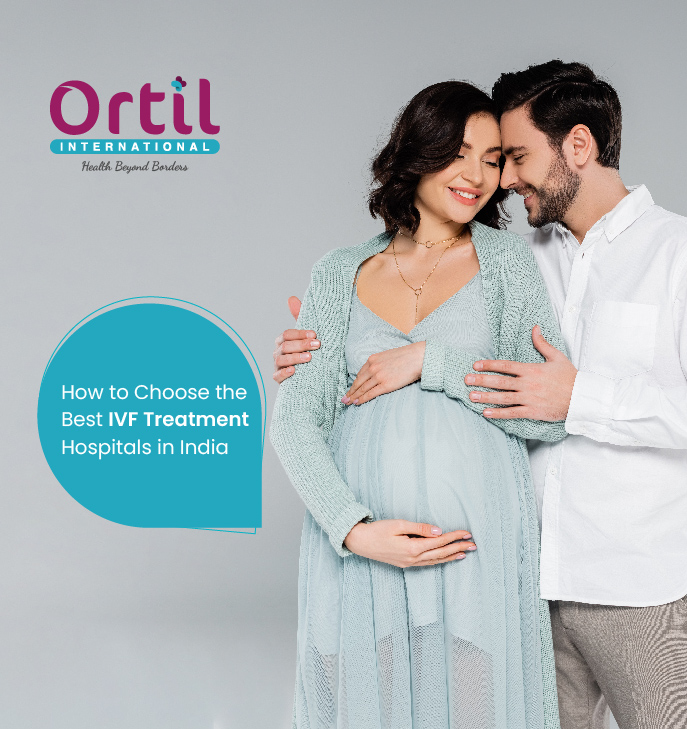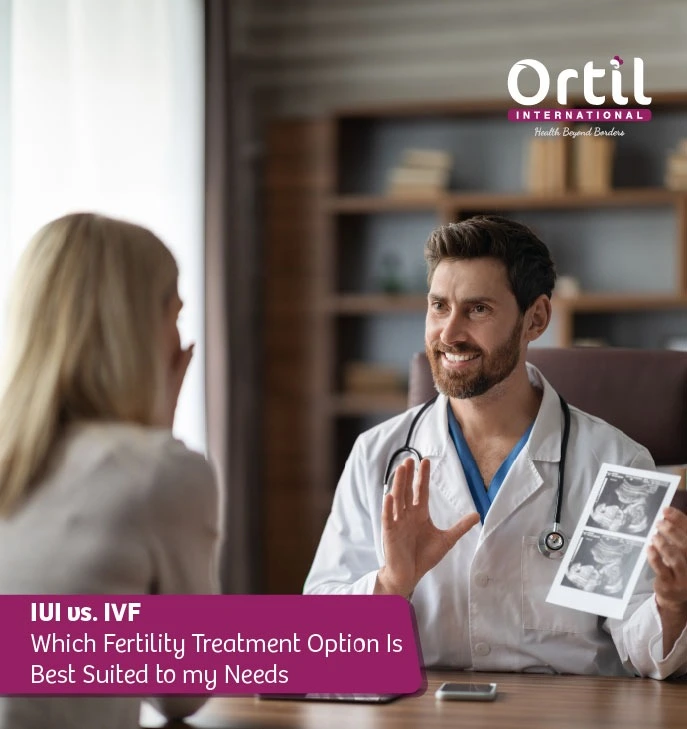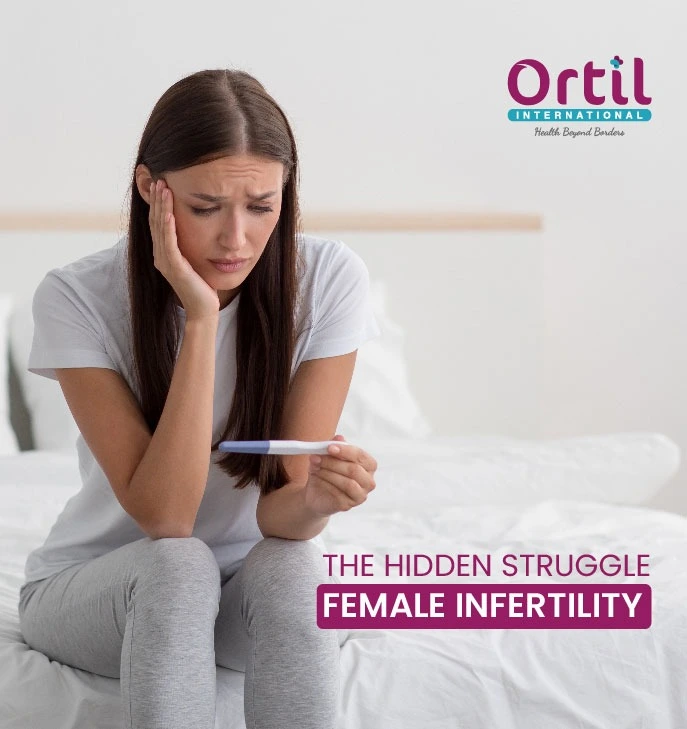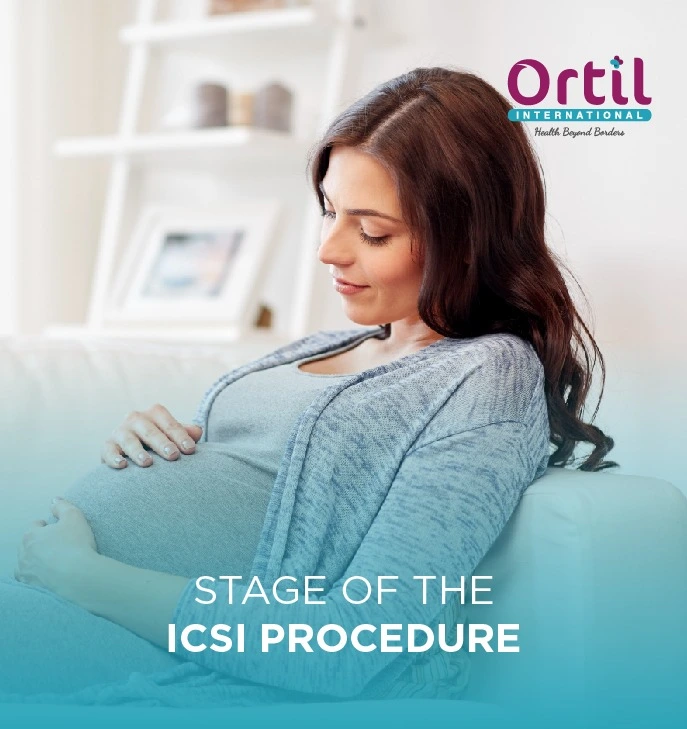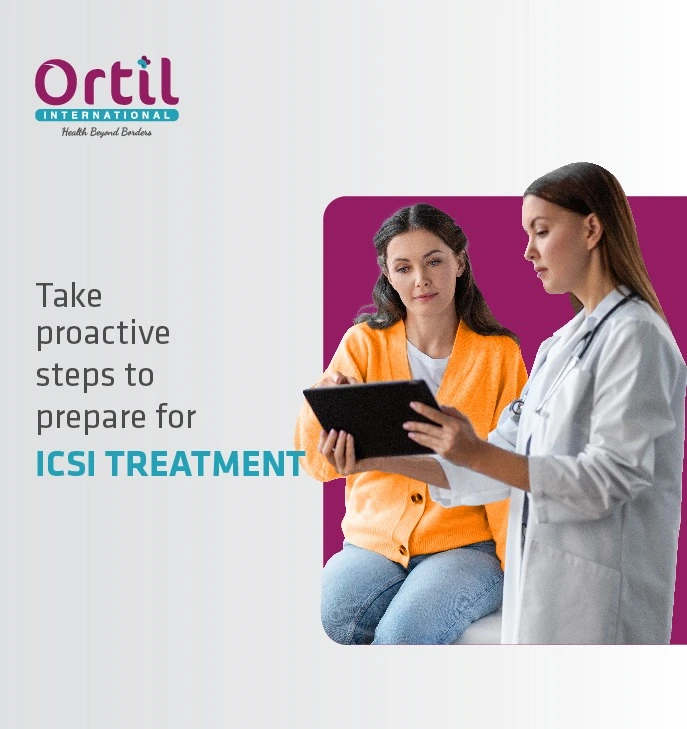Do's and Don'ts During IVF Treatment
In Vitro Fertilization (IVF) is an assisted reproductive procedure and is widely used all over the world. However, this procedure is complicated and requires highly skilled techniques and fertility specialists to achieve high success rates.
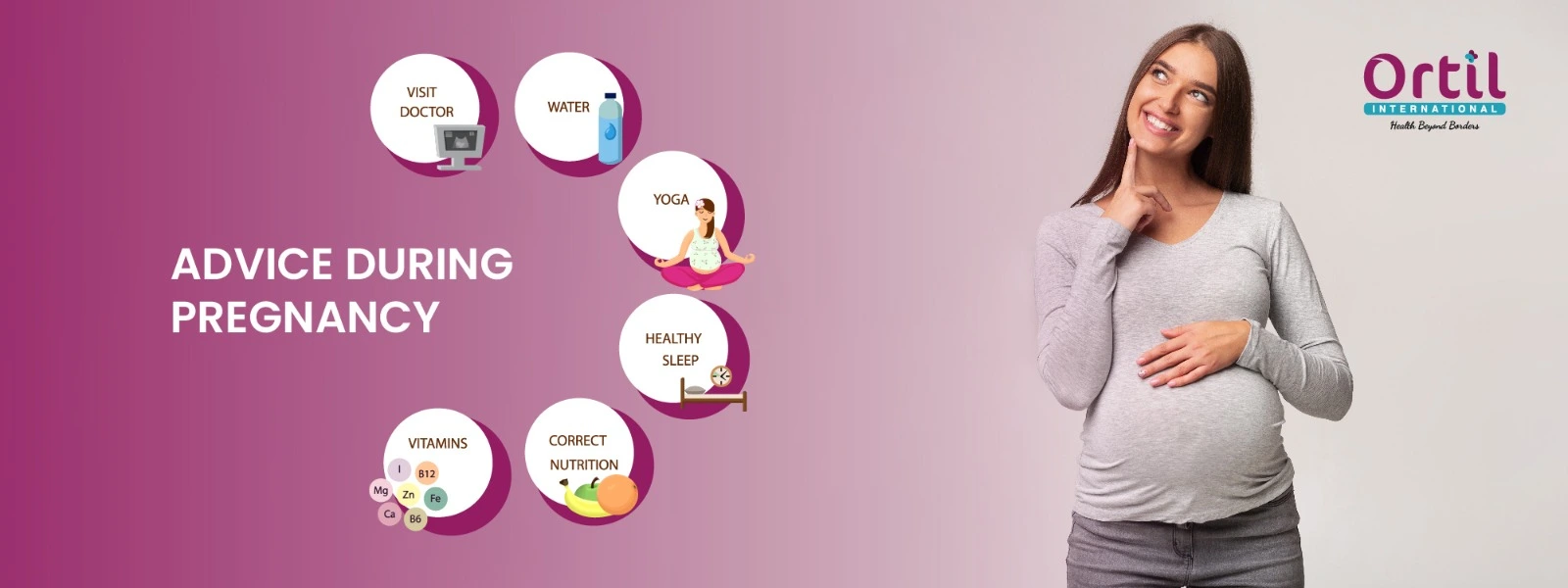
However, there are some precautions you should take before IVF treatment. By doing this, you can also increase the chances of high success rates. Let’s discuss the dos and don’ts during IVF treatment.
What to Do During IVF?
For a healthy pregnancy, it is essential to take care of yourself first, and for good health, you need to do the following things.
Follow the Doctor’s Instructions
When you plan to take IVF treatment, you should consult with your fertility specialist. It is important because each patient has a unique cause of infertility and may require unique and customized treatment. After the selection of suitable IVF treatment, you should follow the instructions of your doctor because it can increase the chances of success.
Keep a Healthy Lifestyle with a Balance Diet & Regular Exercise
A good diet and exercise is essential to keep a healthy lifestyle. Good health can increase the chances of successful IVF so you need to keep a balanced diet and exercise at least 3 times a week.
Maintain Positive Mindset
Positivity helps to relieve stress and anxiety in emotionally challenging situations just like IVF treatments. IVF treatment is associated with emotional suffering and maintaining a positive mindset can increase the confidence and hope of patients. It also affects overall well-being and improves the outcomes of treatment.
Attend all Appointment
Attending all the appointments is a part of the IVF treatment because fertility specialists and the medical team give you accurate procedures according to the need and time. The support of the healthcare team is an important aspect of successful IVF.
Communicate Openly with your Partner about Your Feelings and Concerns
As we know IVF can be emotionally challenging for couples so couples need to communicate openly about their feelings and concerns. Open communication promotes mutual understanding and support between partners that can strengthen your relationship during this emotionally challenging time.
Stay Optimistic but Realistic about the Outcomes of the Treatment
The chances of success are not the same for every patient and the need for IVF attempts can also be different for each patient. Optimism can provide hope and motivation but it is also essential to know about the realistic situation and prepare for the possibility of various outcomes.
What not to do during IVF?
Here are some of the things you should avoid while you attempt to take an IVF treatment. It is essential to follow IVF do’s and don’ts to maximize the chances of successful IVF.
Avoid Smoking and Drinking
Smoking and drinking affect the overall health of patients and it can also affect the reproductive health of couples such as the quality of eggs and sperm. Bad reproductive health can affect fertility and the success of IVF treatment.
Don't Engage in Strenuous Activities or Heavy Lifting
It is very important to stay healthy and do regular exercises but excessive physical exertion can interfere with the overall procedure of IVF such as the implantation process. This can lead to many complications during treatment. So it is better to avoid stressful activities and only do light exercises.
Avoid Exposure to Harmful Chemicals or Toxins
Exposure to harmful chemicals or toxins in the environment can affect fertility and may adversely affect the success of IVF. Patients who need radiation therapy for other medical conditions usually freeze the quality of sperm and eggs for future use because it can cause infertility.
Don't Skip Doses of Prescribed Medications
Medications used in the IVF process are part of IVF treatment. For example, medications are used to stimulate the ovary to produce quality eggs which can be used in IVF. So consistently taking prescribed medications by your healthcare provider is important for the success of IVF treatment.
Avoid Excessive Caffeine Intake
Excessive intake of caffeine has many health-related concerns such as sleep problems, constipation, and many more. High caffeine consumption has also been linked to decreased fertility, so it is suitable to limit caffeine intake during IVF treatment.
Don’t Skip Meals
A balanced diet is important for the normal functioning of the body and a poor diet can affect the normal systems of the body including the reproductive system. Maintaining a balanced diet and regular meals can help to support overall health which can be an important factor to increase the chances of success during IVF.
Conclusion
In conclusion, IVF treatment can be challenging, but by following these guidelines, individuals can increase their chances of success while prioritizing their physical and emotional well-being. By following do’s and don’ts during IVF individuals can face this challenging time with optimism. Additionally, the dos and don’ts of IVF can affect success rates. With proper care, individuals can increase their chances of achieving their desired outcome.
FAQ’s of Do’s and Don’ts of IVF Treatment
Can I exercise during IVF?
Light to moderate exercise like walking, yoga, and meditation can be beneficial for IVF but stressful activities and strenuous exercises are usually not appreciated during IVF.
Is it safe to get the flu shot during IVF?
Yes, it's generally safe to get the flu shot during IVF. It's often recommended because pregnant women are at higher risk of complications from the flu. However, the recommendations can vary for each patient.
What Should I eat during IVF?
A balanced diet that includes fruits, vegetables, whole grains, lean proteins, and healthy fats is recommended during IVF. It is also essential to stay hydrated and limit processed foods and excessive caffeine intake.
Can I travel during IVF?
It is essential to consider some factors such as the stage of treatment, the need for important medications or appointments, and stressors associated with travel. It is suitable to discuss your travel plans with your healthcare provider before making any travel plans.












